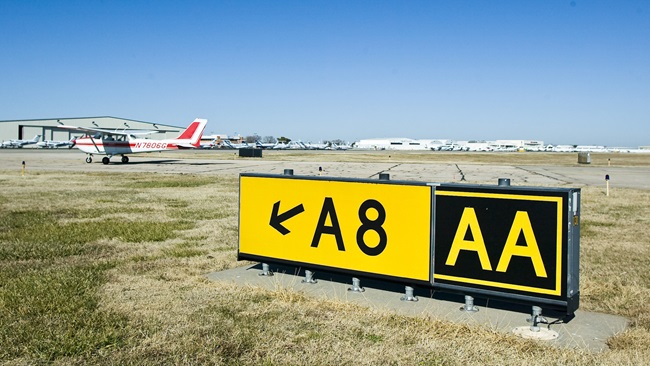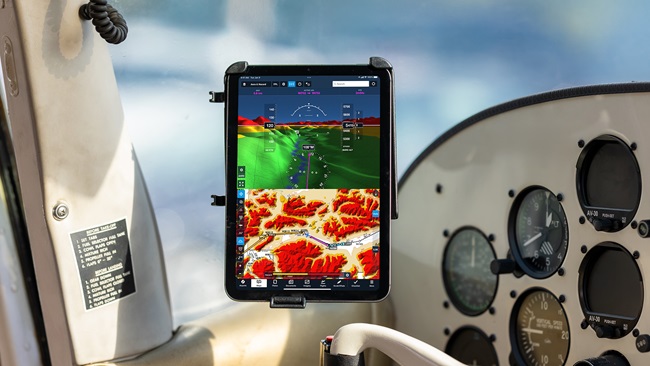It’s the first day of your fall vacation, and a top priority is to recapture your lapsed recency of instrument experience.
You could take a proficiency check with your instructor any time this morning, simulating instrument conditions under a bright sky. Or you could wait until later; when both of you will have less time, but with this weather forecast from 21Z to 01Z: 05005KT P6SM -DZ OVC015.
What’s the plan?
For many general aviation instrument pilots, maintaining or recovering IFR currency depends on being able to fly under simulated conditions. Looking over an instrument pilot’s logbook, a CFII may have to delve deeply to locate the date and extent of any previous flying in IMC. Or there may be none.
Just pondering today’s scheduling decision elevates the quality of the planned review. The forecast, trending ever downward by next morning, exerts strong influence. Any deterioration during the flight would have to be monitored constantly and carefully.
Even brief flight under actual conditions can expose how well your basic instrument flying is serving, spot whether automation dependency has eroded situational awareness, and flesh out other bad habits.
Those are the known pitfalls. Few flights go off glitch-free. How will you respond to aggravations cropping up in IMC?
It was a 600 broken, 1,100 overcast October morning when a pilot hand-flew a GPS approach "uneventfully," wisely deferring use of an erratic autopilot. Later, weather was lower for a brief return leg. The pilot requested and received clearance for "my preferred approach."
As the 870-hour instrument pilot with 16 hours in the last 90 days was entering data into a GPS, the Beechcraft entered an unusual attitude.
"After some harrowing moments with significant changes in altitude I was able to regain straight and level flight," the pilot reported to the Aviation Safety Reporting System. Disorientation persisted, however, so an air traffic controller helped the pilot navigate to an alternate, and land.
Does that event suggest proficiency goals for today’s flight?
"It takes only one harrowing experience to clarify the distinction between minimum practical knowledge and a thorough understanding of how to apply the procedures and techniques used in instrument flight," notes the Instrument Flying Handbook. "Your instrument training is never complete; it is adequate when you have absorbed every foreseeable detail of knowledge and skill to ensure a solution will be available if and when you need it."



